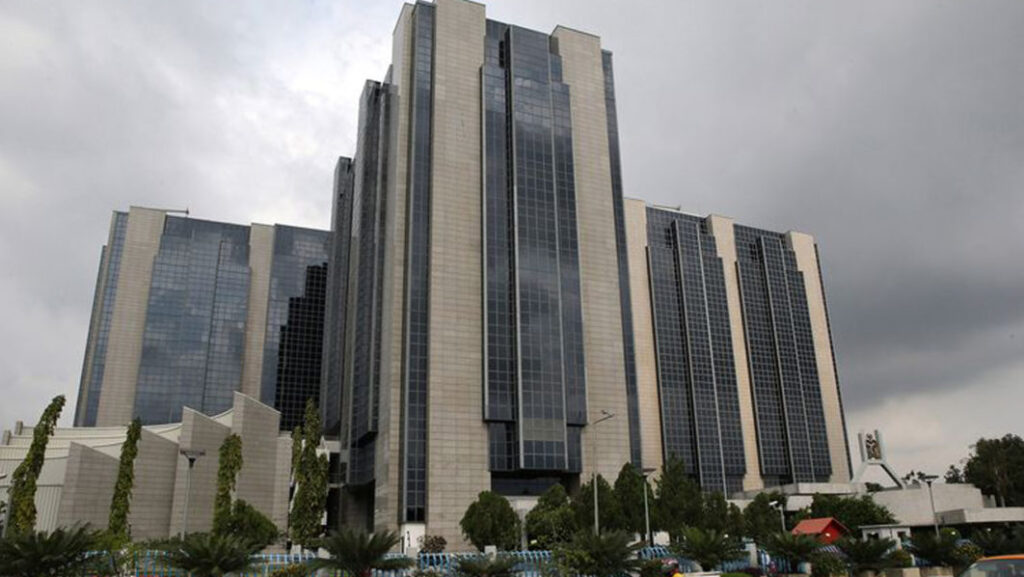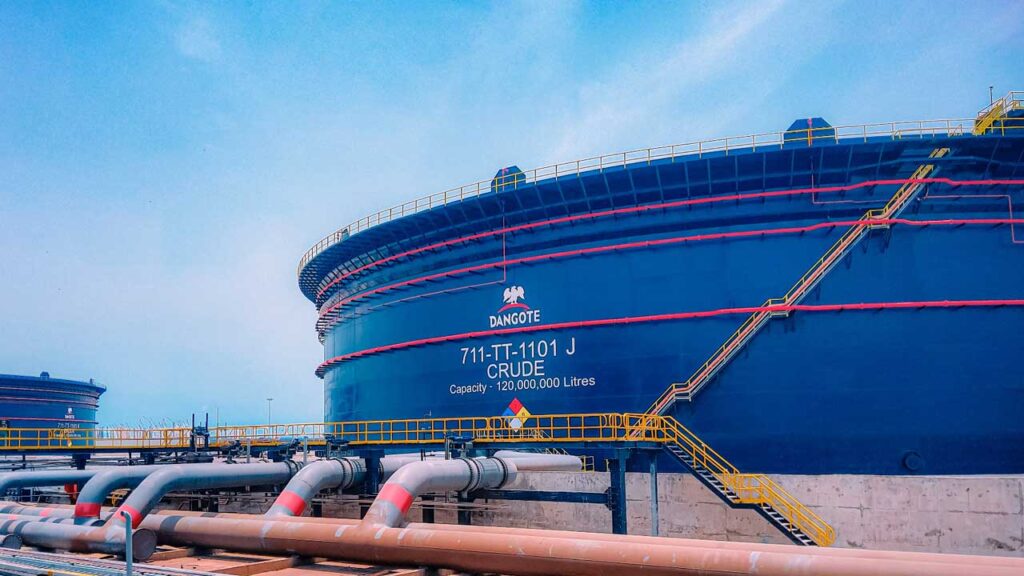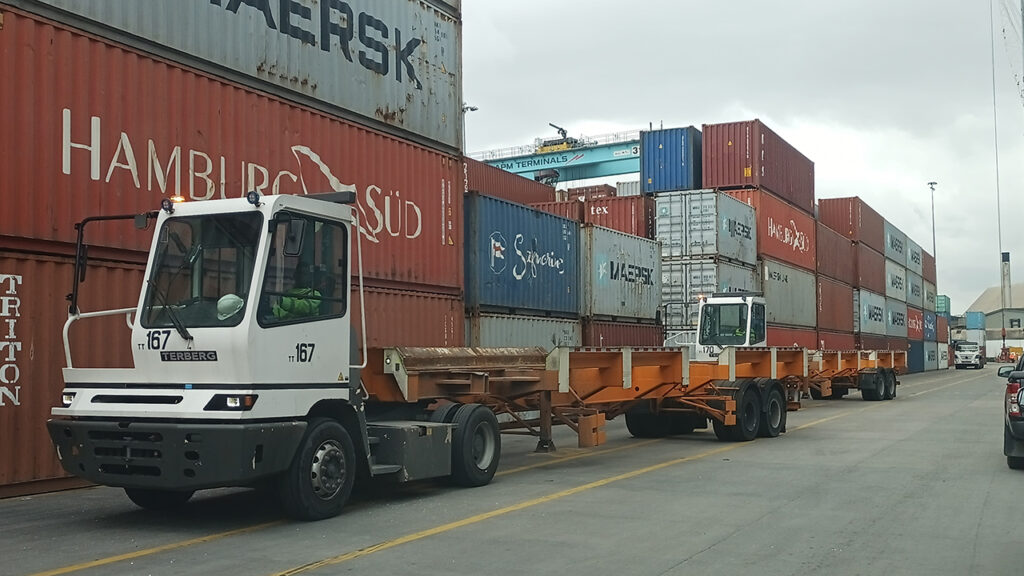
The Lagos Chamber of Commerce and Industry (LCCI) has advocated sustained intervention in the nation’s manufacturing and productive sectors to enhance growth, improve productivity and hedge risks from inflation.
According to the chamber, the manufacturing sector last year, suffered from headwinds like scarcity of foreign exchange for import of inputs, weakened consumer demand due to weak purchasing power, high energy cost, logistical challenges, policy uncertainties, and harsh regulatory environment.
To address the challenges, the LCCI urged sustained intervention to avoid the negative growth trajectory witnessed in 2022.
“With these factors persisting into 2023, we may likely record a growth in the sector away from the negative growth of -1.9% as at Q3 of 2022. With lowering imports due to forex scarcity, local manufacturing could rev up in growth to meet the growing unmet local demand for hitherto imported finished products.
“However, this can only happen if we address issues like rising inflation, scarcity of foreign exchange, high energy cost, high interest rates, and logistics challenges due to insecurity in most parts of the country,” says LCCI’s Director-General, Dr. Chinyere Almona.
Almona warned that with several shocks suffered by many economies and over a greater portion of 2022, various projections and analysis of economic conditions across regional blocs point to the likelihood of a recession or a significant slowdown of growth in 2023 due to spiralling inflation, high energy cost, monetary policy tightening, and weakening consumer demand.
“Looking further into 2023, the war in Ukraine and mounting sanctions on Russia may all continue to impact supply chains for commodities and shocks to financial systems across the world,” she added.
Indeed, local producers had urged the government to unveil incentives that would encourage and deepen local raw materials sourcing, especially in the form of backward integration.
According to the Manufacturers Association of Nigeria (MAN), the manufacturing sector is generally faced with limited investment in domestic production of raw materials for utilisation in most of the sub-sectors, which is as result of limited funding and policy incentives in the country.
Latest data from MAN showed that the manufacturing sector’s local raw materials utilisation steepened to 52 per cent (year-on-year) in the first half of 2022 down from 53 per cent of corresponding half in 2021; thus, indicating 1 percentage point decline over the period.
However, utilisation increased by two percentage points (half-on-half) when compared with 50 per cent recorded in the second half of 2021.
Operators noted that the Basic Industrial Chemical sub-sector faced severe inactivity in the first six months of 2022 due to lack of domestic production of basic chemicals, necessitating the need to resuscitate local refineries to encourage investment in petrochemical development in the country.
Similarly, MAN said that its production value has recorded a 9.00 per cent increase to N3.99tn in the first half of 2022.
The Executive summary of the H1 2022 Economic Review report of the association showed that the manufacturing sector factory output value increased to N3.99tn in the first half of 2022 (year-on-year) up from N3.66tn recorded in the same half in 2021. thus, indicating N0.33tn rise during the period.
“It also increased by N0.26tn equivalent to 7.0 per cent (half-on-half) when compared with N3.73tn achieved in the second half of 2021,” the report said.
The report explained that production was majorly limited by a lack of forex for the importation of raw materials that are not available in the country in all the sectoral groups, except for the food sub-sector which has undergone a significant level of backward integration.












